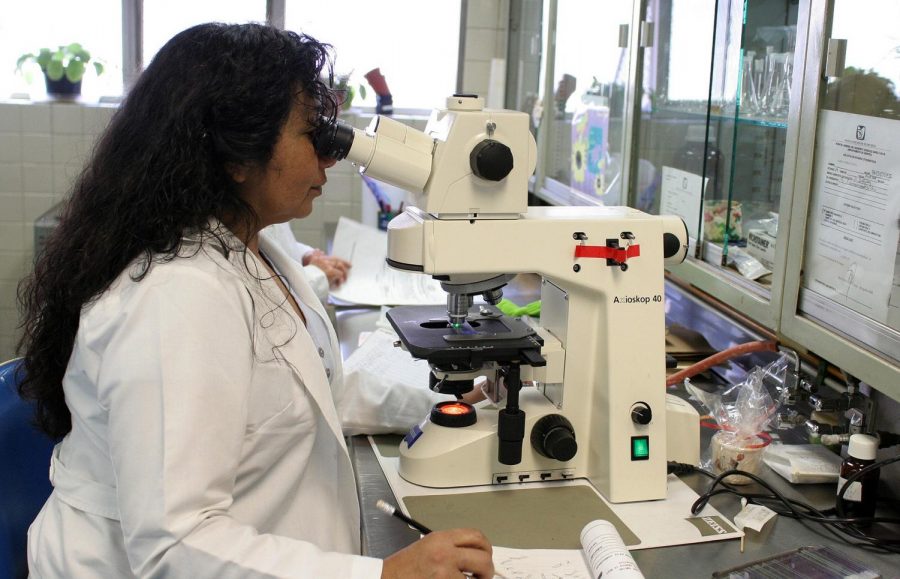Students should consider joining a research lab
Few college opportunities provide both experience in academic field, improve chances of future career aspirations
August 19, 2021
Throughout Week of Welcome, many of you will join extracurricular activities, such as clubs, intramural sports and Greek life.
All those activities come with numerous benefits, including a wider social circle and better time management. However, the often-overlooked extracurricular activity is academic research.
As a guest speaker once said during my first semester at WSU, academic research opens doors for the future, including networking, gaining knowledge and experience in your academic field, and improving your résumé for future career aspirations.
At the time, I decided not to heed the guest speaker’s advice and instead focused on my studies to maintain a high enough GPA for graduate school.
Although your GPA is essential for higher education, academic research is equally important. It builds relationships with professors, fosters critical thinking skills through hands-on learning and defines academic interests.
There are numerous research opportunities available through WSU. You can start your search by browsing departmental websites. If you happen to stumble across a research lab that piques your interest, do not be afraid to cold email the principal investigator.
If you are uncomfortable with cold emailing, another method is to find a class of particular interest and approach the professor about the possible research opportunities available related to the course’s subject.
Joining a research lab is all based on timing. If the principal investigator does not have any research opportunities available at that time, do not get discouraged. Continue to follow up with them until there is something available — or pursue a different research lab.
Many of you might be hesitant to join a research lab because you do not have any experience, knowledge or skills in academic research, but that is perfectly normal. Most of the training needed for a research lab will be taught through your principal investigator.
Professor Chris Barry, a principal investigator who holds a doctorate degree in Clinical Psychology, explained the two things he looks for when deciding whether students are selected for his research lab.
“The biggest one, [for] me, is a willingness to learn,” Barry said. “Another is being able to work together as part of a team …whether it is with a faculty member or other undergraduate or graduate students.”
Barry also noted that the benefits of research labs greatly depend upon the level of effort put in by students. In other words, “You get out of it what you put into it.”
“[Research labs can grant you] a behind the scenes look at how research is conducted in your field … up to being very involved in doing your own project and publishing or presenting your own research,” Barry said.
When I finally joined my first research lab at WSU, I was amazed at how much I learned about academic research, including the importance of teamwork, the prep work put into research projects and how to ethically conduct experiments with participants.
In my second research lab at University of Liverpool, I met Ariela Shahvar, a senior at University of Western Ontario majoring in integrated science with an honors specialization in biology.
For the research lab, she analyzed data sets regarding the missing children of the United Kingdom. It was the first time she applied her coding skills to real-world situations rather than in classroom settings.
“It wasn’t as easy as going through a course where they teach you what you need to know first, and then you do an assignment on your own,” she said. “I gained more research skills in terms of searching for solutions … and doing something from scratch.”
At the conclusion of the research lab, Shahvar said she was very grateful for the opportunity because she improved her problem-solving skills, critical thinking skills and coding abilities. She also helped many people with her research, specifically the U.K. police forces with missing children.
“If anyone is considering [joining a research lab], if they feel ready to try it, they should go for it. They shouldn’t be afraid just because they are first-year, or they think they are too young or too inexperienced,” Shahvar said.
What are you waiting for? WSU is one of the leading research universities in the nation! There is no better time than the present.
As the saying goes, “Opportunity is missed by most people because it is dressed in overalls and looks like work.”






















